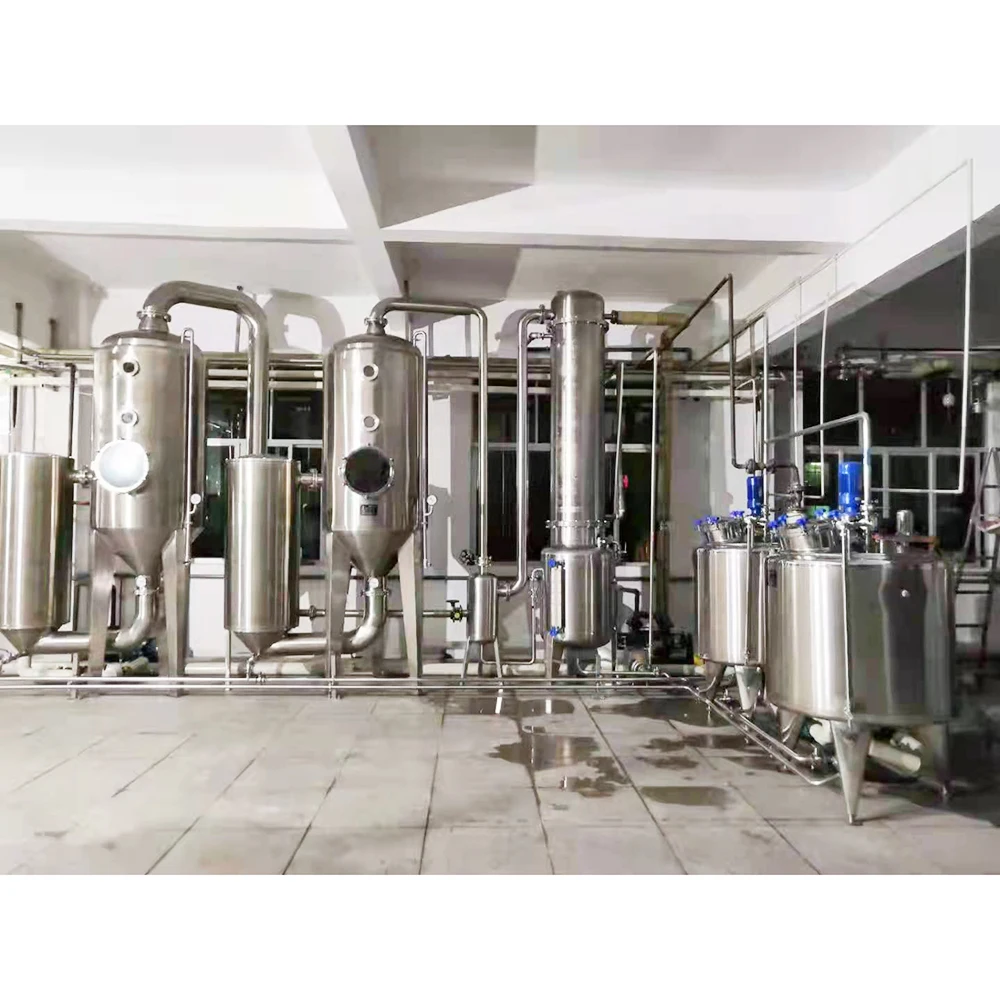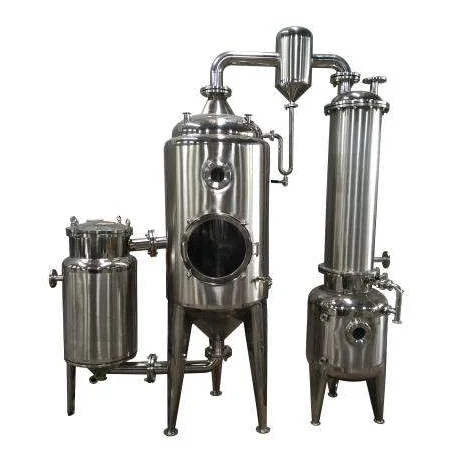ABOUT
Wenzhou Vince Machinery Science Co., Ltd. was established in early 1980s. Our company covers an area of 6500 square meters and is an independent legal representative firm, possessing rich economic technology strength. Our company is a high tech enterprise and plays an important role in national dairy, foodstuff, pharmacy and machinery industries. We are a beverage machinery supplier.
Since the establishment, our company has mainly engaged in dairy products, foodstuff, beverage machinery, bean products, yellow wine, medicines and fermentation projects. What's more, our company supplies a complete sequence services in manufacturing, installation, test and personnel train, as well as the whole direction service design and consulting service on product project construction or enlargement artistic distribution engineering sets budget.
The Art and Science of Mashing Tanks
Understanding the Mash
The mash is the heart of the brewing process, where enzymes break down the starches in barley into fermentable sugars, primarily maltose. This process occurs in a large vessel called a mash tun, where a mixture of crushed barley (grist) and hot water is stirred and held at specific temperatures for controlled periods. This controlled environment allows for optimal enzyme activity, ensuring the right balance of sugars for the desired beer style.
The Science of Mashing
Precise temperature control is essential for the scientific aspect of mashing. Different enzymes operate at different temperatures, influencing the breakdown of starches and the resulting sugar profile. For instance, the alpha amylase enzyme, active between 152°F and 165°F, breaks down long-chain starches into shorter dextrins, while the beta amylase enzyme, working at 149°F to 158°F, further converts dextrins into fermentable sugars. The brewer must carefully control the mash temperature to achieve the desired balance of these sugars.
The Art of Mashing
While science dictates the basic principles, there's an artistic element to mashing that allows brewers to express their individual styles. The duration of the mash, the addition of different grains, and even the type of water used can all subtly influence the final flavor profile. For instance, a longer mashing time can yield a higher percentage of fermentable sugars, resulting in a more robust beer. Similarly, adding unmalted grains like oats or wheat can add complexity and a smoother mouthfeel.
Types of Mash Tuns
Mash tuns come in various forms, from traditional open vessels to sophisticated, automated systems. The type of mash tun used influences the efficiency and control of the mashing process. For example, a single-infusion mash tun simplifies the process, while a multi-infusion system allows for greater flexibility and control over the mash temperature profile.
The Importance of Mashing
The quality of the mash directly impacts the quality of the beer. A well-executed mash ensures a balanced and delicious final product. It's a crucial step that requires both scientific knowledge and artistic intuition. Understanding the science behind mashing and mastering the art of its execution are essential for any brewer looking to produce consistently high-quality beers.
SUBSCRIBE
INQUIRY




